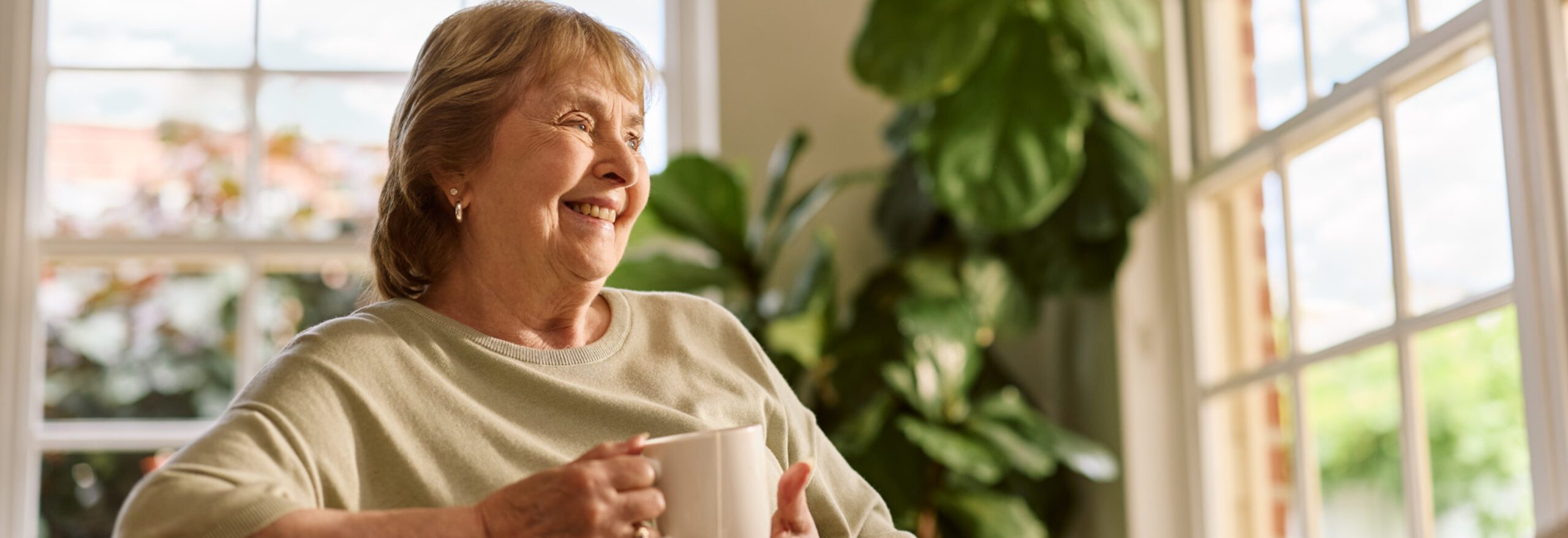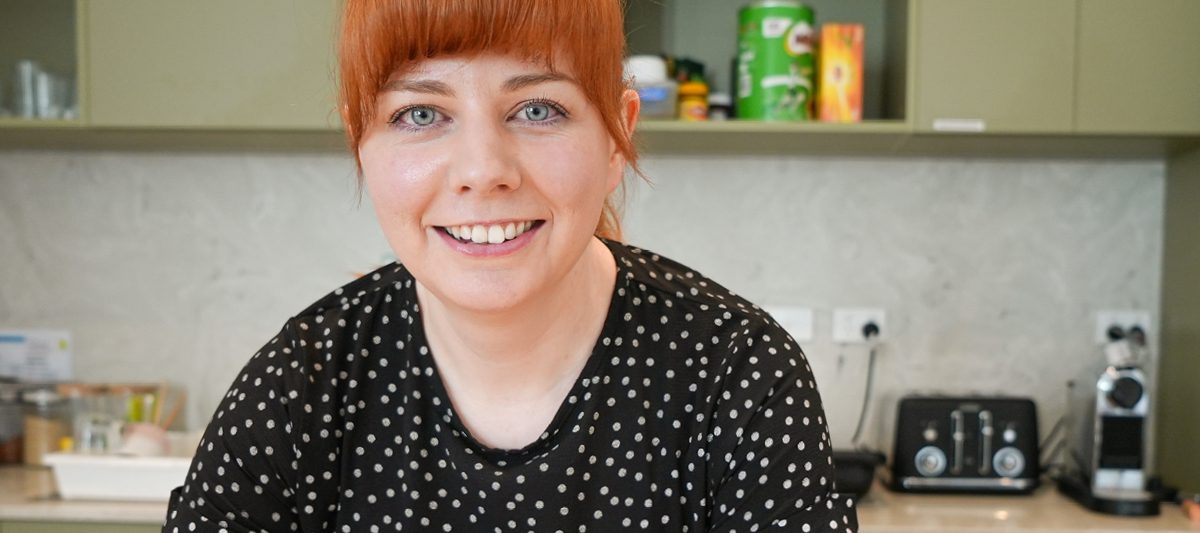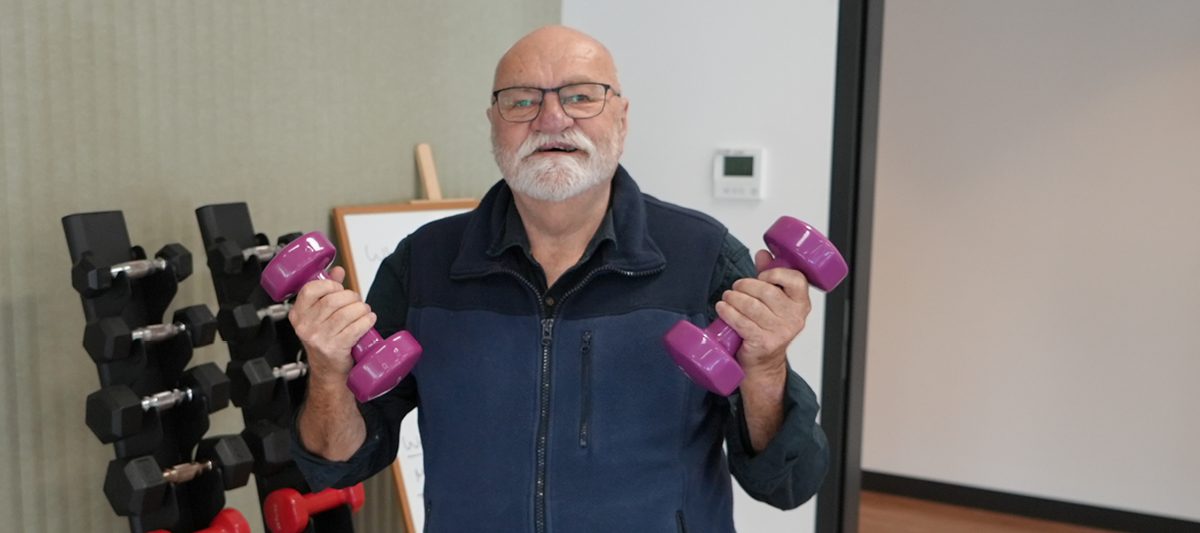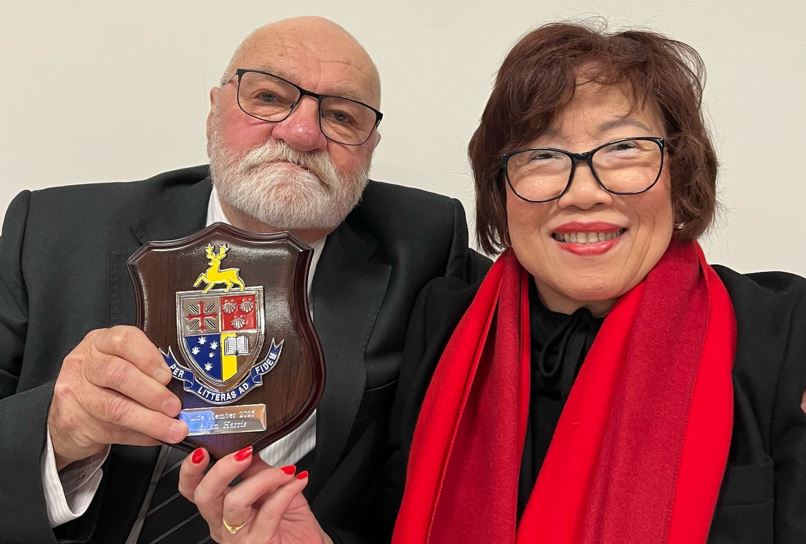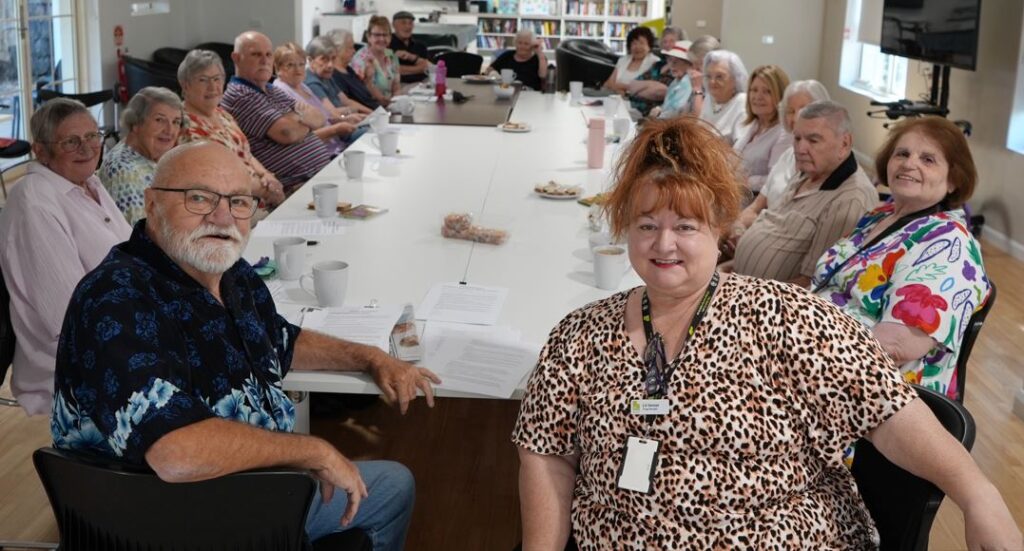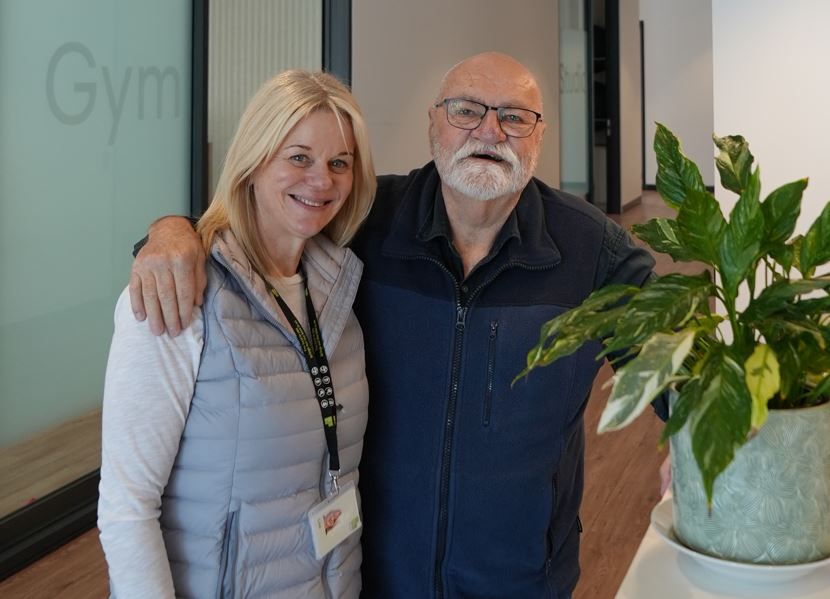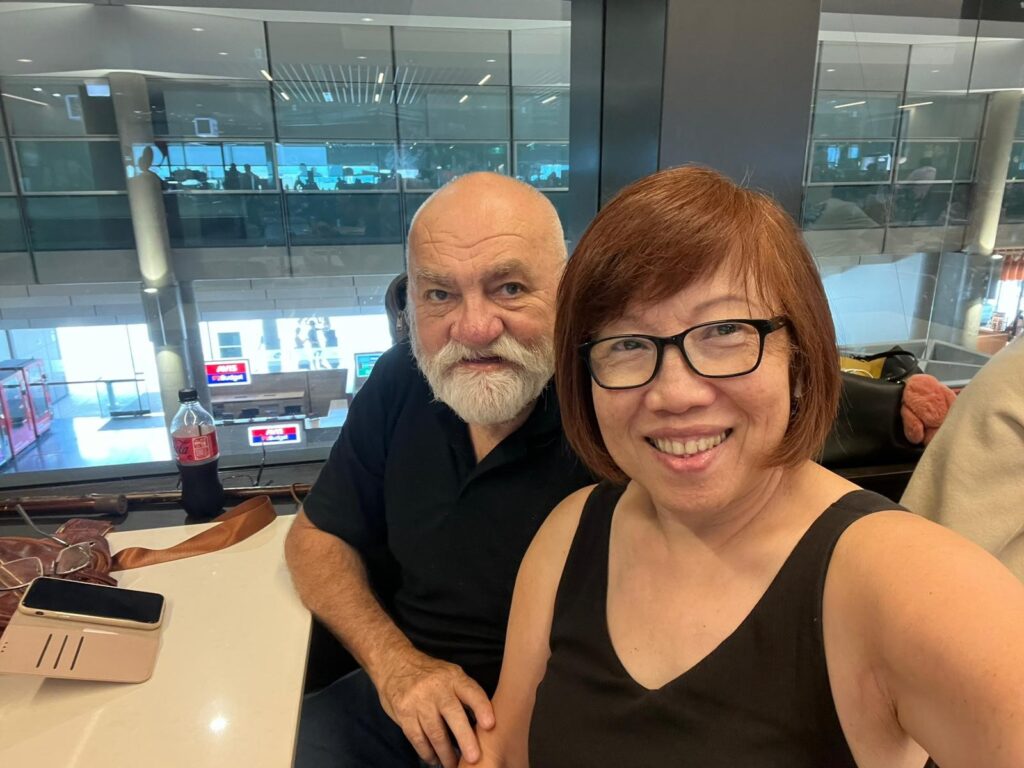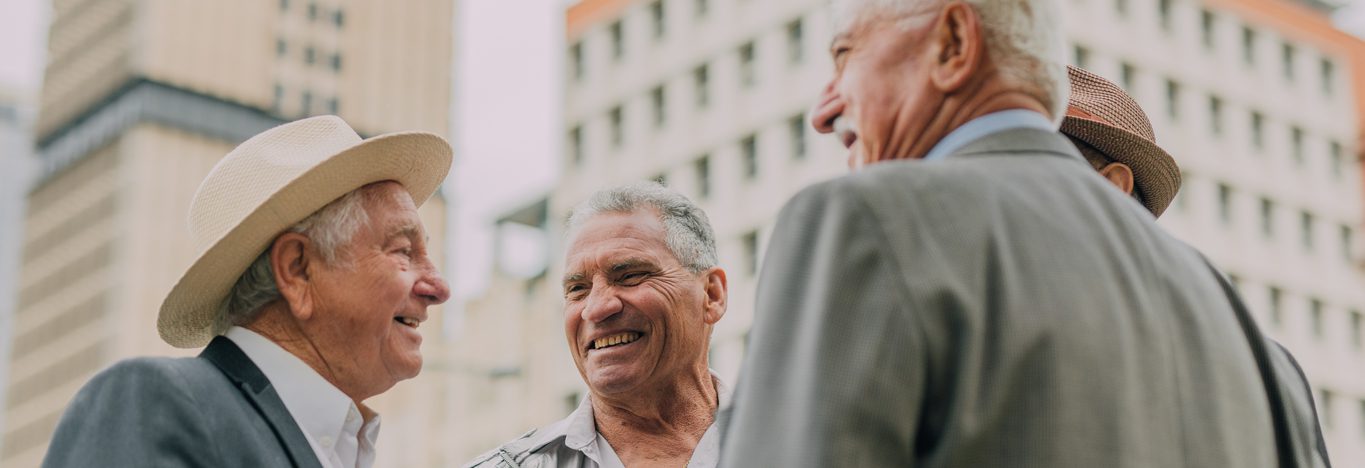Retirement Living Communities – Financial Year Snapshot 2025
As of 30 June 2025, ACH Group’s Retirement Living community is home to 573 wonderful residents, residing within 35 villages across Metropolitan Adelaide.
We proudly welcomed 41 residents (including 7 couples) to our retirement communities and supported them with a welcome visit to help them get acquainted with the village.
The popular coffee connections catchups offer residents a relaxed opportunity to connect with their Village Manager and neighbours over a cup of tea or coffee and on occasion, feature a guest speaker.
ACH Group was honoured to celebrate residents reaching the milestone of 66 birthdays with a thoughtful and personalised greeting.
In the financial year, we held 18 information sessions that delivered valuable updates for residents. A total of 44 Home Care referrals provided residents with a simple and supportive pathway to access the services they need.
Retirement Living communities
35
Retirement Villages
503
Units
573
Residents
Community snapshot
18
Information Sessions
255
Coffee Connections
6
ACH Group Events
200
Feedback Received
66
Milestone Birthdays
All information is for the financial year ending 30 June 2025.
It has been a year full of events which have seen neighbourly connections and friendships flourish.
This year we’re excited to introduce an expanded social program for 2025/2026, shaped by the feedback from our recent resident survey. Each month will feature a social event, with something for everyone – from walking groups and local pub lunches to movie nights and Fringe events.
The social program will offer more opportunities for connection, enjoyment, and shared experiences across the wider community.
Here are some recent highlights from the Retirement Living communitites
Joining generations
Residents of ACH Group retirement living villages had the opportunity to participate in the Joining Generations Intergenerational Program, lead by Brian Harris from St Georges Court. From the initial information sessions to the final celebration of the first round, through collaboration, creativity, and shared experiences, this program aims to reduce social isolation, challenge age-related stereotypes, and strengthen community ties.
Melbourne Cup at James Evans Court
Resident-led Melbourne Cup event at James Evans Court Retirement Village was a stakes-high standout, with 28 residents joining the fun.
Guests were welcomed with a glass of champagne and orange juice, followed by a delicious spread of roast chicken, fresh salads, savoury pastries, and continental cakes.
SALA 2025
ACH Group’s SALA Exhibition may have wrapped up for another year, but the creativity, colour, and inspiration live on! This year’s theme Through My Eyes brought together over 115 artists who shared 263 artworks across Campbelltown Library and Woodcroft Community Centre. Each piece told its own story – sparking conversation, connection, and reflection.
We loved coming together at morning and afternoon teas to celebrate the artists and hear about their journeys – from what inspires them to create, to how their artistic paths first began.
Max’s 100th Birthday
Max Flavel recently celebrated his 100th birthday at ACH Group’s Elkanah retirement village, surrounded by family, friends, and loved ones.
Christmas in July
More than 200 residents from ACH Group’s retirement living communities came together to celebrate the much-loved Christmas in July events, held at the Adelaide Pavilion and Woodcroft Hotel.
Community highlight from Elkanah Retirement Village
In May, residents at Elkanah Retirement Village attended an engaging session with the Australian Lions Hearing Dogs team, where they had the chance to meet Woody, a trained Hearing Assistance Dog.
Retirement living: live the way you want to, where you want to.
If you’re thinking about downsizing to a more manageable lifestyle, an ACH Group home is the smart move for retirement living. We have a range of housing options to suit your lifestyle.
- Select from a wide range of affordable homes located across metropolitan Adelaide,
- Enjoy peace of mind with our maintenance and gardening service.
- Access to ACH Group support services to optimise your health and wellbeing.
- Connections to expert advice to help you downsize and move.
- Your small pet is welcome at most locations.
Contact us for more information and register your interest today.
